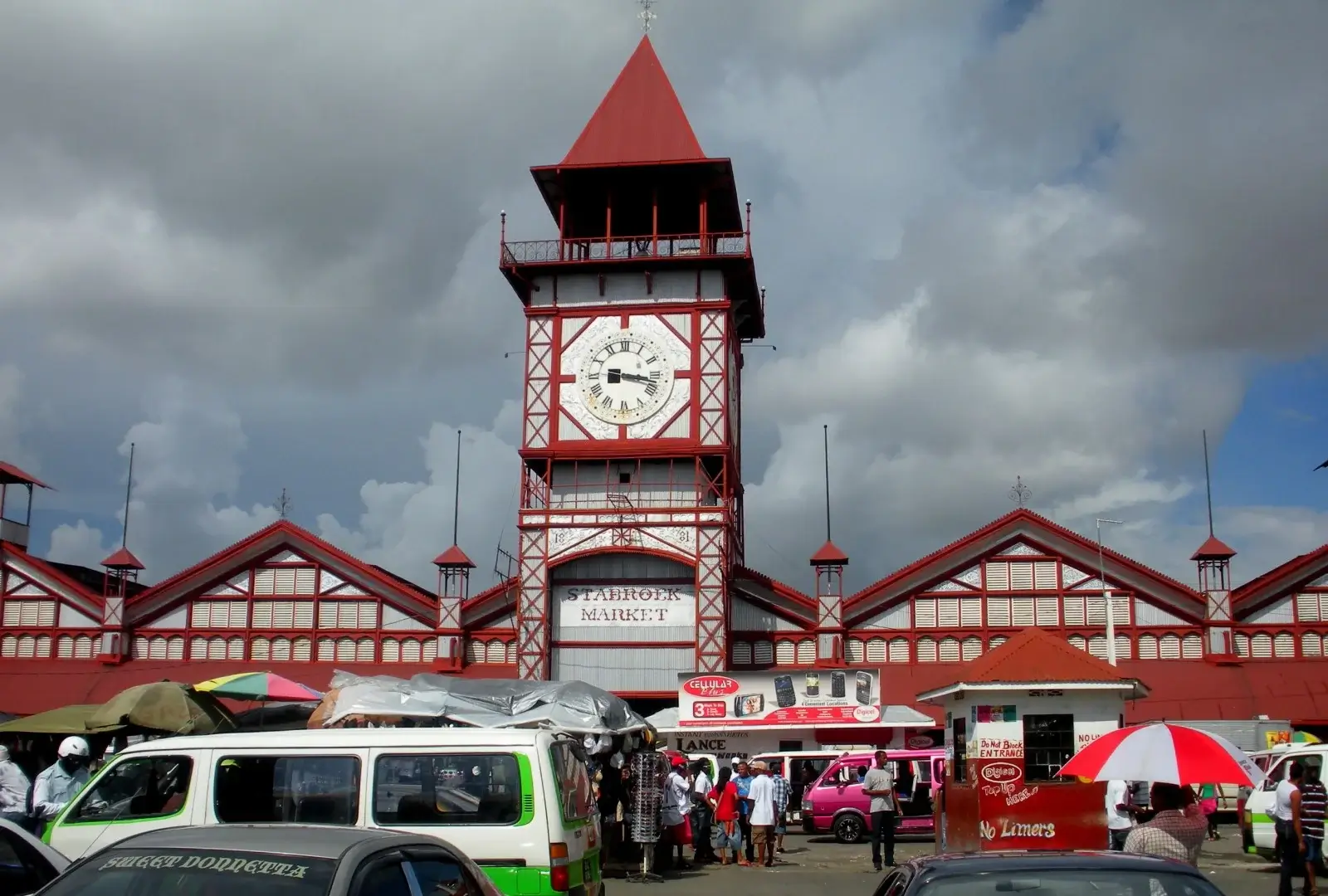Guyana worried about Suriname

Suriname’s window of opportunity to reap the full benefits of its offshore oil and gas sector is closing fast, said Guyana’s Vice President Bharrat Jagdeo during an October 12 press conference.
Jagdeo was asked to respond to reports about Guyana being used as a “negative example” of how to govern an oil industry. In his response, Jagdeo noted a contrary account, explaining that countries like Namibia are looking to mimic Guyana’s ascent on the global energy scene.
“A lot of people are interested in… the pace at which things are developing here and we have been sharing with them our experience,” he explained.
Unprecedented is the word regularly used to describe Guyana’s oil sector development; its first discovery was made in 2015 and less than four years later production got underway. Now, the country nears the commissioning of its third development with two more in tow. Guyana’s reserves already exceed 11 billion oil equivalent barrels – the 17th highest in the world. Included in that lot are 17 trillion cubic feet of natural gas.
Suriname’s offshore sector, however, is in its infant stages.
And according to Jagdeo, “If you don’t get in very early, you may miss the bus and Suriname is on the verge of missing the bus.”
Why? The energy transition.
Currently, the world is trying to wean itself off oil and gas and use cleaner, greener energy. Many countries have set ambitious targets to hit net zero. Guyana aims to achieve this by leveraging its oil and gas resources to build out a sustainable renewable energy system. Securing a place among the last suppliers of oil and gas is becoming increasingly more challenging.
While Suriname’s first oil development has been announced, the field development plan, environmental authorizations and final investment decisions are not finalized. And it will take years before the first drop of oil is produced offshore. TotalEnergies expects first oil from its first block 58 project in 2028.
“So, we’re happy that Suriname is moving forward…we believe that if there is an oil industry in Suriname and it has extra gas, there’s possibilities of working together, but they are still a long way off from actually producing oil, a significant timeline into the future,” Jagdeo added.









